Artificial intelligence, commonly known as AI, is a science and applied technology that involves deductive processing, machine learning, adjusting to new information and data, and subsequently performing human-like tasks.
Generative AI (GenAI) is an emerging type of AI that uses machine learning algorithms to create new content, which can encompass multiple formats including graphics, videos, music, and text. Unlike traditional AI systems that rely on pre-defined rules and human data, the newer generative AI systems, like ChatGPT, use the engineering of neural networks, and deep learning algorithms to assimilate vast data sources to create diverse content, which can include conversations, stories, videos, music, and code.
GenAI has the potential to revolutionise industries, including pharmaceutical sector, by leveraging GenAI technologies to improve drug discovery and development processes at the molecule level, all the way up to macro considerations of day-to-day operational and organisational procedures. Consulting giant McKinsey & Co has estimated that GenAI could add the equivalent of $2.6 trillion to $4.4 trillion annually in the coming decade.[1]
AI concepts have been around for some time, with pop culture influences and representations like Stanley Kubrick’s film ‘2001 A Space Odyssey’, in 1968 and the Wachowski sibling’s iconic trilogy starting with ‘The Matrix’, in 1999, helping to shape public perceptions.
As AI becomes a reality across industries, people are revaluating their skills to keep pace with the latest technological revolution. However, GenAI has the potential to be a disruptive technology and that raises questions about its downside risk social impact.
While AI ‘workers’ may be deployed to automate repetitive simple tasks, like document profiling and data analysis, it also creates new opportunities for those human ‘workers’ willing to adapt. To navigate this technological shift, the workforce needs to understand where and how AI tools can augment their work and provide solutions to problems or hurdles.
Tasks requiring high emotional intelligence, creativity, and human-to-human interactions will remain the domain of human beings
Developing a ‘Digital People Strategy’ can empower and nudge individuals to self-learn and develop relevant skills for the evolving job landscape with direction and influence from organisational leadership and culture. While technical skills like coding are valuable, cognitive, and interpersonal skills such as critical and creative thinking, emotional intelligence, leadership, and collaboration are equally crucial.
Tasks requiring high emotional intelligence, creativity, and human-to-human interactions will remain the domain of human beings. Communicating the availability of GenAI tools, setting clear objectives, and providing relevant training and support are essential for maximising the benefits of the new technology, while minimising workforce resistance and increasing business adoption and the related benefits.
GenAI offers many business application opportunities in pharmaceutical regulatory affairs which could enhance productivity, efficiency, and accuracy. Examples may include translating documentation, data analytics, document summaries and evidence-based market prediction.
These are just a few areas whereby GenAI tools can analyse data sets to provide trends, identify potential risks and propose actions to take as mitigations.
GenAI can facilitate rapid document translation into many languages required to support international portfolios of regulated products and adapt to specific business needs when integrated with internal systems and data.
To harness the full potential of GenAI tools, companies should be prepared to provide access, connectivity, training, change management, and integration with existing IT systems and high-quality data repositories built on a well-defined structured data framework and a culture that fosters data accountability by everyone involved.
This transition will require time, investment, and effort, but the potential benefits in productivity and efficiencies that could be released are significant.
In conclusion, GenAI represents a transformative force with the potential to revolutionise various industries, including the pharmaceutical, veterinary and medical devices sectors. However, its effective implementation necessitates a comprehensive approach, including digital upskilling driven by a clear ‘digital people strategy’, transparent communication, and business readiness for its adoption and integration.
By adapting to this evolving landscape, organisations can harness the power of GenAI to enhance productivity, drive innovation, and maintain a competitive edge in an ever-changing world.
Collaborators in writing this article
Christine Grew, Canopy Life Sciences; Valeria Graffeo, BASE Life Science;
Jacci Squire, Director of Publishing Global Regulatory Affairs Solutions, Syneos Health;
Andrew Thornley, UCB Pharma (formerly)
References
[1] The economic potential of Generative AI, June 2023 - https://www.mckinsey.com/capabilities/mckinsey-digital/our-insights/the-economic-potential-of-generative-ai-the-next-productivity-frontier#introduction


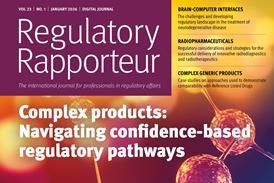






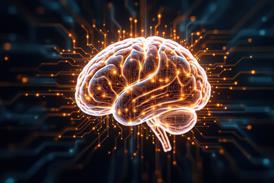










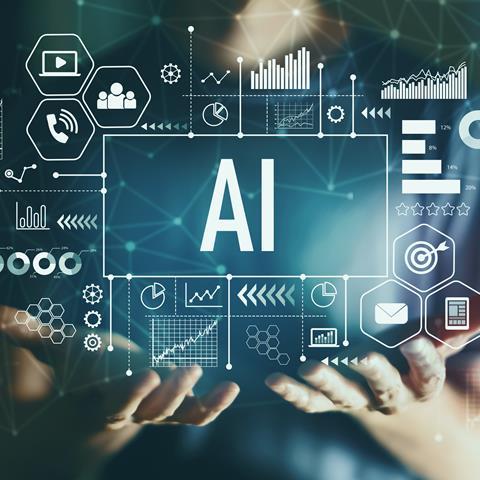





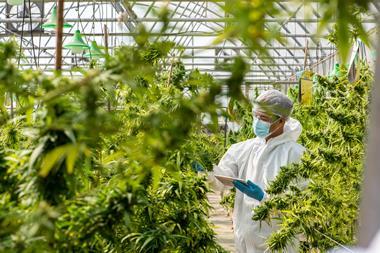



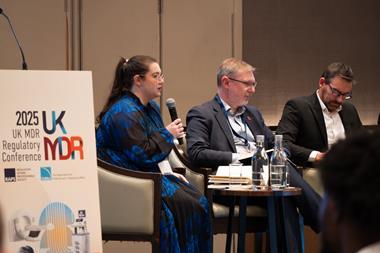
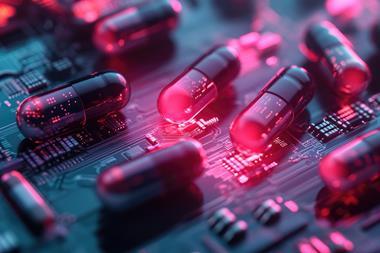

No comments yet